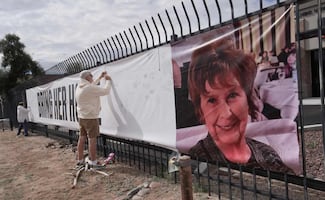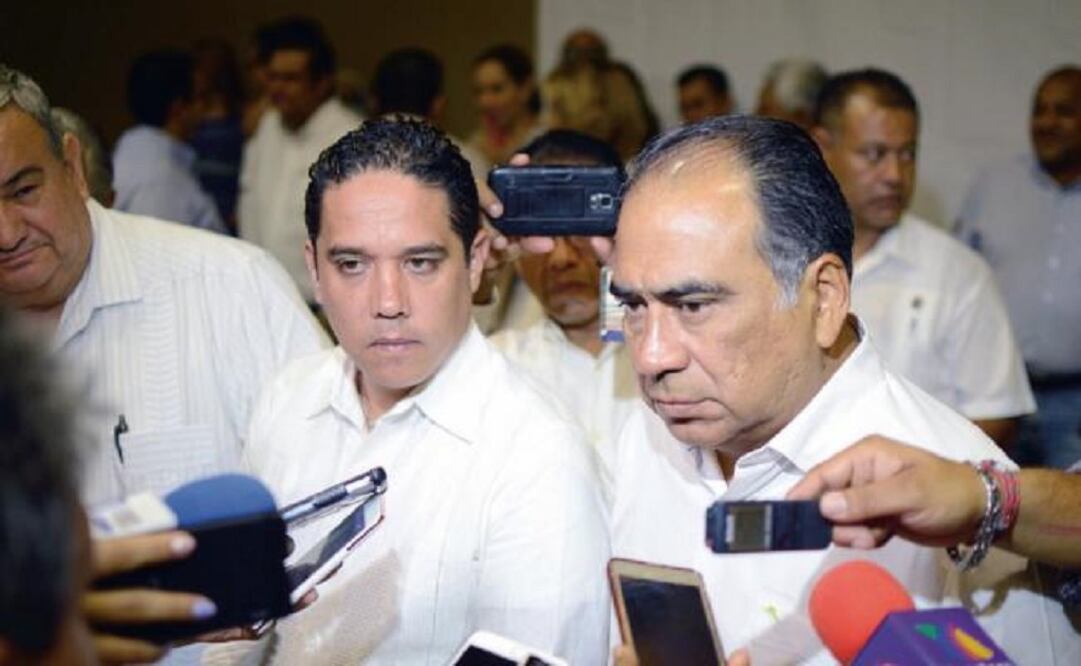Más Información

Libros de texto cimentaron una educación colonial y eurocentrista: Nadia López; esta es su tesis sobre pueblos afrodescendientes

Cronología del caso Javier Duarte, el rostro del “nuevo PRI” presumido por Peña; así fue la caída del exgobernador de Veracruz

FBI investiga posible traslado de Nancy Guthrie a México, reporta TMZ; autoridades habrían contactado a fuerzas federales mexicanas

Monreal habla sobre licencia de Sergio Mayer para asistir a reality show; “no deja de tener el cargo”, dice Kenia López
Héctor Astudillo, Guerrero state governor, said that poppy for medical purposes should be regulated and that this would reduce violence from organized crime, that grows it in the state to produce drugs.
In a radio interview with Carlos Loret de Mola, Astudillo said that if his proposal is accepted it would help Guerrero, because it would end the dispute over poppy production.
On Monday, Arturo López, commissioner of Filo de Caballos, a village in the municipality of Leonardo Bravo, admitted that at least 50,000 people from 1,280 highland communities in Guerrero live from poppy production.
Salvador Rangel Mendoza, bishop of the Chilpancingo-Chilapa diocese, also asked Guerrero government to talk with organized crime groups and reach agreements to end violence in the state.
He added that poppy for medical purposes should be legalized to help the inhabitants of the mountains of Guerrero, "because otherwise there could even be an armed uprising."
Rangel supported Astudillo's proposal to legalize not only marijuana but also poppy for scientific purposes and to produce medicine with it, something that in his opinion would contribute to “reduce violence.”
He also recalled that poppy with medical purposes was legalized in the United States since 1980.
In other news Adm. Max Lorenzo Sedano Romano, a Navy retiree, was named new Public Security Secretary of Acapulco.
(With information from Quadratín)
Noticias según tus intereses
[Publicidad]
[Publicidad]









